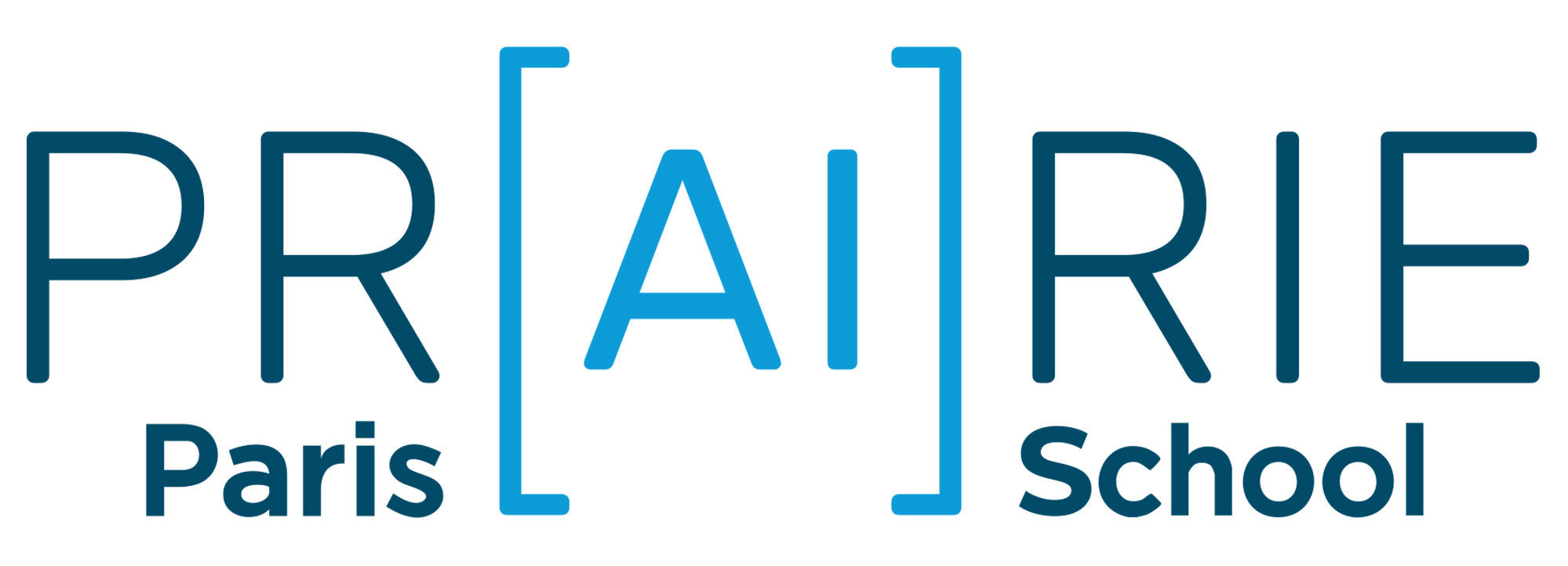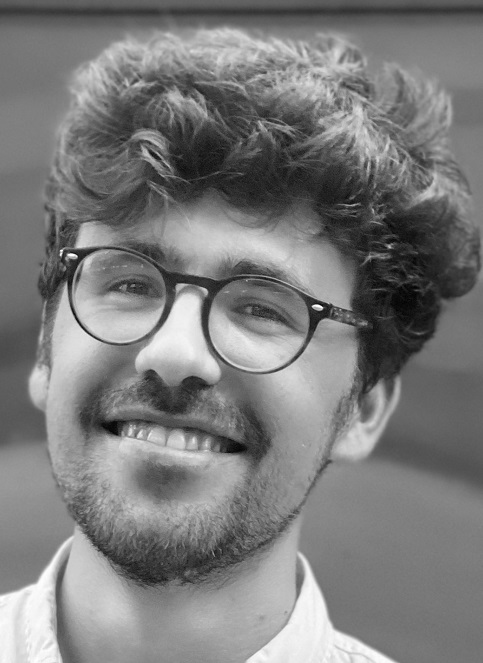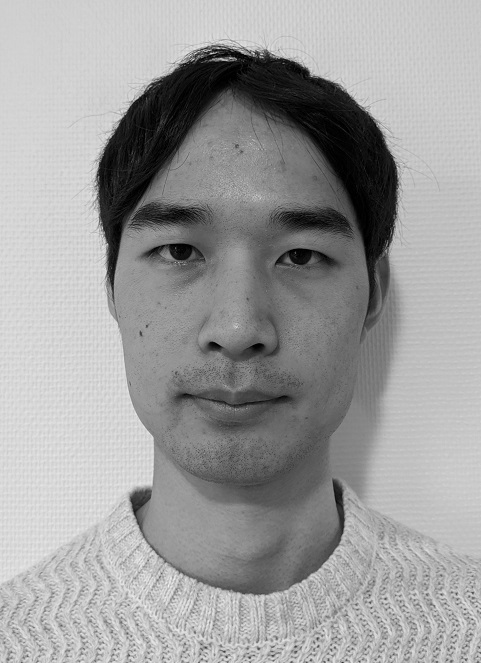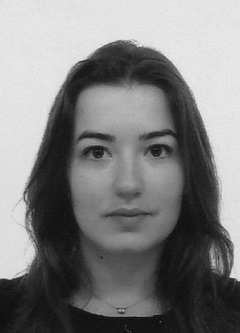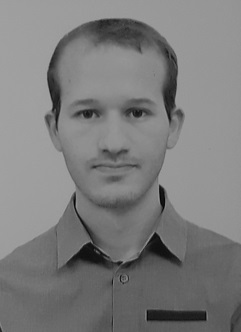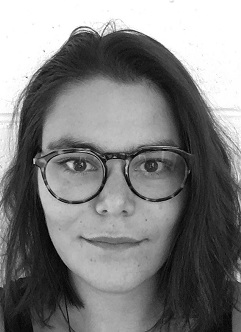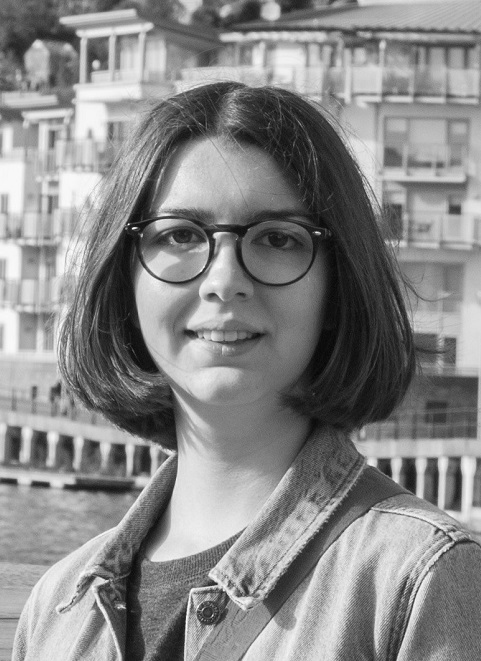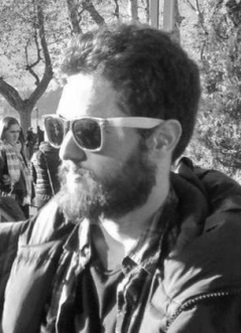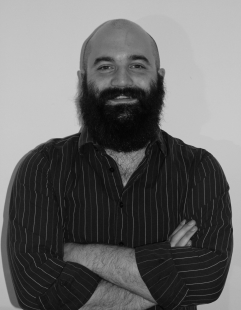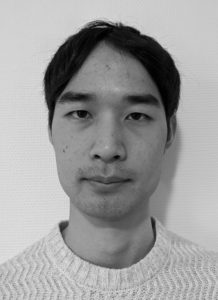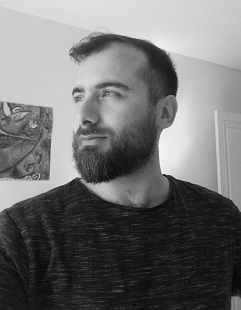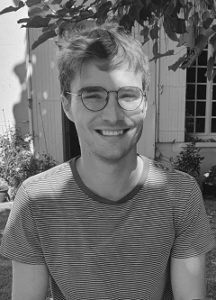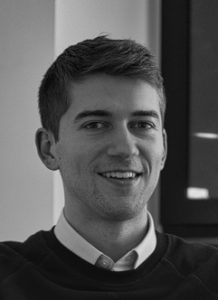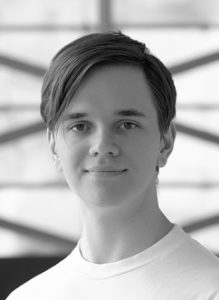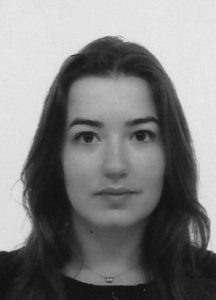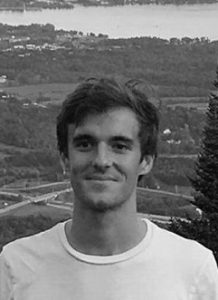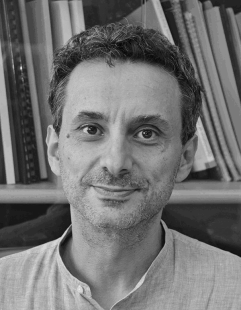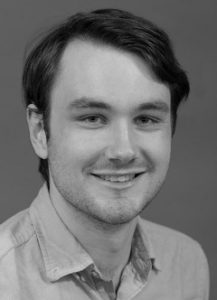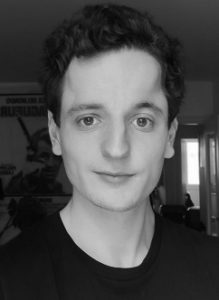D’ASCOLI Stéphane
L’Ecole normale supérieure - PSL / FAIR Paris
stephane.dascoli [at] gmail.com
Short bio
Master in Theoretical Physics, ENS Paris
Thesis title
Deep learning: from toy models to modern architectures.
Short abstract
My research focuses on understanding how deep neural networks are able to generalize despite being heavily overparametrized. On one hand, I use tools from statistical mechanics to study simple models, and try to understand when and why they overfit. On the other hand, I investigate how different types of inductive biases affect learning, from fully-connected networks to convolutional networks to transformers.
YAMANE Ikko
ikko.yamane [at] dauphine.psl.eu
Short bio
Ph.D. from The University of Tokyo
Research topic
Counter factual inference with weakly supervised learning
Short abstract
In counter factual inference, one tries to predict what would happen if attributes of data were some values different from that actually observed. Existing counter factual inference methods often require expensive, controlled experiments to be conducted to collect necessary data. My research interest focuses on developing methods that only need cheaper and efficient experiments possibly with missing observations or milder conditions.
ROMAIN Manon
L’Ecole normale supérieure - PSL
manon.romain [at] inria.fr
Short bio
- Diplôme de l’Ecole polytechnique
- MSc of Computational and Mathematical Engineering – Stanford University
Thesis title
Study of causal networks.
Short abstract
Causal inference is very important to a wide range of use from clinical trials to econometrics: we learned that “correlation is not causation” but how can we learn true causal relationships? We will using learning of causal diagrams using the latest advances in optimization. We will also study experimental design, given your current knowledge, how to best use your limited resources to gain insightful causal information (e.g., by doing biological experimentations)?
MERAD Ibrahim
ibrahim.merad [at] etu.u-paris.fr
Short bio
Master 2 MVA , ENS Paris-Saclay
Thesis title
Apprentissage non-supervisé de représentations et applications en santé (Unsupervised representation learning and applications in healthcare).
Short abstract
Unsupervised representation learning has recently caught up with the performance of supervised approaches thanks to the introduction of contrastive methods. The mathematical study of these new methods is essential to better understand and exploit them as well as provide guarantees on their performance. Their application is especially relevant in healthcare where supervision is commonly lacking.
DOUIN Adèle
L’Ecole normale supérieure - PSL
adele.douin [at] phys.ens.fr
Short bio
Master Degree “Physics of Complex Systems” at Université de Paris
Thesis title
Knit-quakes Prediction through Machine Learning.
Short abstract
Knitted fabric is a thread-based metamaterial that exhibits crackling noise both in the force signal and in the deformation field when deformed. The occurrence of those intermittent, scale-invariant events cannot be accurately predicted at the time being, as in most systems with similar avalanche-like behavior. However, Machine Learning methods have proven to be a useful tool when dealing with time-series predictions and image processing, giving hope to be able to predict relevant knit-quakes quantities.
BRION BOUVIER Florie
f.brionbouvier [at] gmail.com
Short bio
Master of Science in Public Health, Comparative Effectiveness Research (University of Paris)
Thesis title
Estimation of the Individual Treatment Effect via Machine Learning using an Individual Participant Meta-Analysis.
Short abstract
Personalized medicine aims at tailoring a treatment to the individual characteristics of each patient. One key aspect of personalized medicine is to identify the subgroups of patients who benefit from an intervention, which we can do by estimating the Individual Treatment Effect (ITE). My goal is to develop Machine Learning methods to estimate the ITE using Individual Participant Meta-Analyses with binary and time-to-event outcomes. I will develop these methods on RCTs and observational data. I will also use federated learning to estimate the ITE.
ARJOVSKY Martin
martinarjovsky [at] gmail.com
Short bio
PhD, New York University
Research project
Out of Distribution Generalization in Machine Learning.
Short abstract
Machine Learning suffers from a fundamental problem: when systems are deployed in situations different than they were trained on, they can fail catastrophically. I aim to improve a large family of these problems by leveraging ideas from causality, deep learning, and the recognition of invariant statistical patterns. I am particularly focused in high-dimensional nonlinear problems (such as vision, language, and speech).
GANASSALI Luca
INRIA / l’Ecole normale supérieure - PSL
luca.ganassali [at] inria.fr
Short bio
Graduated from Ecole Polytechnique in 2019
Master’s degree at Université Paris-Sud
Research domain
Machine Learning and Optimization
Thesis title
Statistical inference on graphs: the graph alignment problem.
Short abstract
We study inference problems in graphs and matrices, such as graph alignment, which aims at finding a matching between nodes of two graphs preserving most of the edges. In a Bayesian setting, several approaches may be followed: analyzing rigorously existing algorithms based on random models to determine the regimes in which they may succeed, look at the information-theoretical and computational thresholds, or design and propose new algorithms that explore new regimes.
CHADEBEC Clément
clement.chadebec [at] sorbonne-universite.fr
Short bio
- Master 2 – Mathématiques, Vision & Apprentissage – ENS Paris-Saclay
- Ingénieur Civil des Mines de Paris – Mines ParisTech
Thesis title
Exploration of the latent space modelling of Variational Autoencoders.
Short abstract
In the medical field, the lack of data resulting in low patient variability remains a key issue. For example, in neuroscience, practitioners have to deal with potentially very high-dimensional data combined with a very small number of samples. Generative models such as variational autoencoders (VAE) may reveal particularly well suited to perform dimension reduction on such data and their generative capacity could be used for data augmentation. Unfortunately, VAEs perform weakly when trained on a (very) small number of data and the underlying structure of the latent space remains poorly understood. We believe that further investigating the latent space geometry of these generative models could allow us to overcome these issues.
YGER Florian
florian.yger [at] dauphine.fr
Short bio
Florian Yger is an associate professor of computer science at Université Paris Dauphine-PSL and a researcher in the MILES team at LAMSADE since 2015. From 2014 to 2015, he was a JSPS postdoctoral fellow in the laboratory of Pr. Sugiyama in Tokyo University. He received his PhD in Computer science from LITIS, Université de Rouen under the supervision of Alain Rakotomamonjy in 2013. He is a visiting researcher at RIKEN AIP, Japan since 2017.
Topics of interest
Trustworthy machine learning, Causal inference, interpretable AI
Project in Prairie
Florian Yger will address the questions of trust, explainability and interpretability in machine learning models (including deep learning) with a focus on the robustness to adversarial examples and counterfactual reasoning on data. This project has natural and practical applications in the medical field.
Quote
In the last decade, deep learning has made possible breakthrouhgts in several domains (e.g. computer vision, machine translation, games, …). Yet those hardly interpretable algorithms are fed with huge amounts of -sometimes sensitive- data and can suffer from malicious attacks: attacks on the privacy of the data and attacks on the robustness where adversarial examples are generated to fool the algorithm. This is a critical issue (especially in medical applications) and we feel that an effort toward a deeper theoretical analysis is needed.
Team
YAMANE Ikko
Postdoctoral researcher
RUDI Alessandro
alessandro.rudi [at] inria.fr
Short bio
Alessandro Rudi is Researcher at INRIA, Paris from 2017. He received his PhD in 2014 from the University of Genova, after being a visiting student at the Center for Biological and Computational Learning at Massachusetts Institute of Technology. Between 2014 and 2017 he has been a postdoctoral fellow at Laboratory of Computational and Statistical Learning at Italian Institute of Technology and University of Genova.
Topics of interest
Large scale machine learning, structured prediction
Project in Prairie
My main research interest is in machine learning. In particular my focus is on theoretical and algorithmic aspect of statistical machine learning, with the goal of devising algorithms that at the same time can (a) scale on big data (b) be easily applied in practice (c) have strong theoretical guarantees in terms of statistical and computational aspects (d) achieve state of the art error on the prediction, with reduced computational costs.
Quote
Large Scale ML with statistical guarantees. ML algorithms can be divided in (a) non-parametric, with strong theoretical guarantees, but high computational requirements especially in terms of memory footprint, as kernel methods (b) parametric, as deep nets, with small computational complexity and effective results in practice, but without theoretical guarantees. The goal of my work is to develop hybrid methods that take the best of both worlds: fast, effective and with theoretical guarantees. Structured Prediction. Nowadays data are very often more complex than vectors. In many fields learning problems consist in predicting structured/complex objects from other structured objects. Using the power of infinite-dimensional implicit embeddings, my goal in this direction consists in developing a unified theoretical and algorithmic framework able to deal effectively with a wide family of structured inputs and outputs.
Team
BEUGNOT Gaspard
PhD student
MALLAT Stéphane
stephane.mallat [at] ens.fr
Short bio
Professor at NYU from 1988 to 1994. Professor at Ecole Polytechnique, from 1994 to 2012. Co-founder and CEO of a semiconductor start-up from 2001 to 2007. Professor in Computer Science at Ecole Normale Supérieure from 2012-to 2017. Professor at the Collège de France in Data Sciences since 2017. Member of the French Academy of sciences, of the French Academy of Technologies and foreign member of the US National Academy of Engineering. IEEE and EUSIPCO Fellow. Recipient of the SPIE 2007 Outstanding Achievement Award, of the 2004 European IST Grand prize, of the 2004 INIST-CNRS prize for most cited French Researcher in engineering, of the 2015 IEEE Signal Processing best sustaining paper award, of the 2017 IEEE Freidrich Gauss Prize.
Topics of interest
Harmonic analysis, machine learning, signal processing
Project in Prairie
Stéphane Mallat will be working on the mathematical understanding and interpretability of deep neural networks with applications to images, audio, financial data, quantum chemistry and cosmology. He teaches Data Sciences and will promote the interface between industry, academia and students through the organization of data challenges in http://challengedata.ens.fr
Quote
Deep neural networks have considerable applications to services, industry, and science but remain a black box whose properties are not well understood. Robustness and interpretability of deep neural networks become a major issue for their applications. Understanding deep networks involves many branches of mathematics, including statistics, harmonic analysis, geometry, and optimization in high dimension, together with algorithmic experiments on real data. Working on very different types of data and applications, gives an access to generic mathematical and algorithmic properties of these networks. Simplifying network architectures, while preserving performance is an important direction of this research.
Team
Short bio
After dual PhDs from Ecole Polytechnique and Stanford University in optimisation and finance, followed by a postdoc at U.C. Berkeley, Alexandre d’Aspremont joined the faculty at Princeton University as an assistant then associate professor. He returned to Europe in 2011 and is now a research director at CNRS, attached to Ecole Normale Supérieure in Paris. He received the SIAM Optimization prize, a NSF CAREER award, and an ERC starting grant. He co-founded and is scientific director of the MASH Msc degree at PSL. He also co-founded Kayrros SAS, which focuses on energy markets and earth observation.
Topics of interest
Optimisation, machine learning
Project in Prairie
Alexandre d’Aspremont’s work is focused on optimization and applications in machine learning, statistics, bioinformatics, signal processing and finance. He collaborates with several companies on projects linked to earth observation, insurance pricing, statistical arbitrage, etc. He is also co scientific director of MASH, a Msc program focused on machine learning and its applications in digital marketing, journalism, public policy, etc.
Quote
Optimization plays a central role in modern statistics and machine learning
in particular. Beyond direct applications of optimization algorithms, convex duality results and complexity theory underpin many recent developments in statistical learning (e.g. compressed sensing or matrix completion problems). Yet the link and clear empirical tradeoff between statistical performance and computational complexity has yet to be fully explained, which are crucial in most domains, in particular safety/health critical ones.
Team
MISCHENKO Konstantin
Postdoctoral researcher
DUBOIS-TAINE Benjamin
PhD student
BACRY Emmanuel
bacry [at] ceremade.dauphine.fr
Short bio
Senior Researcher CNRS (2016-), Chief Scientific Officer of the Health Data Hub (2019-), Head of Health/Data projects, Ecole Polytechnique (2019- ), Head of Data Science & Big Data Initiative and Associate professor at Ecole Polytechnique (2014-2019).
Topics of interest
Machine learning, Point processes, Big data, Health
Project in Prairie
Emmanuel Bacry will work on AI algorithms applied to longitudinal data with a focus on healthcare data of the SNDS database. He will work on various applications such as detecting weak signals in pharmacoepidemiology or optimization of health pathways of a given pathology, developed in close collaboration with CNAM and the Health Data Hub.
Quote
The SNDS database is a unique medico-administrative health database. It is one of the largest in the world (>65 million people, >200Tb). Though it contains no clinical data, it is very rich, and can contribute to major applications with strong potential impacts on health and/or on economy of health. Moreover, thanks to the Health Data Hub, this database will be soon enriched by large amount of clinical databases. Working on these very large databases is complex but extremely exciting.
Team
SUSMANN Herbert
Postdoctoral researcher
PhD, Biostatistics, University of Massachusetts Amherst
BOUDABOUS Safa
Postdoctoral researcher
PhD, Computing, Data and AI, Institut Polytechnique de Paris
ZARHALI Othmane
PhD student
Ecole des Mines de Nancy, Engineering degree, major: Applied mathematics
Ecole Polytechnique / Sorbonne Université, Msc Probabilités et finance (ex DEA El KAROUI)
BACH Francis
francis.bach [at] inria.fr
Short bio
Researcher at Inria, leading since 2011 the machine learning team which is part of the Computer Science department at Ecole Normale Supérieure. Ph.D. Berkeley (2005). ERC Starting grant (2009) and Consolidator Grant (2016), Inria young researcher prize (2012), ICML test-of-time award (2014), Lagrange prize in continuous optimization (2018). Co-editor-in-chief of the Journal of Machine Learning Research. Member of the Academy of Sciences.
Topics of interest
Machine learning, Optimization, Statistics
Project in Prairie
Francis Bach will address fundamental problems in machine learning, using optimization methods that come with theoretical guarantees and can help solve challenging problems in computer vision and natural language processing. He will participate in the teaching effort through his existing classes and in collaborations with PRAIRIE industry partners.
Quote
Machine learning algorithms are ubiquitous in most scientific, industrial and personal domains, with many successful applications. As a scientific field, machine learning has always been characterized by the constant exchanges between theory and practice, with a stream of algorithms that exhibit both good empirical performance on real-world problems and some form of theoretical guarantees. Many of the recent and well publicized applications come from deep neural networks, where these exchanges are harder to make. Bridging this new gap between theory and practice is key to obtaining performance guarantees and uncertainty estimates, which are crucial in most domains, in particular safety/
health critical ones.
Team
Ivan LERNER
PhD student
Diplôme d’etude supérieur de Santé Publique, Université Paris Descartes, 2020
Double-cursus Médecine-sciences, 2016, Université Paris Descartes
Master 2 de science-cognitives, 2013, École normale supérieure, Paris
